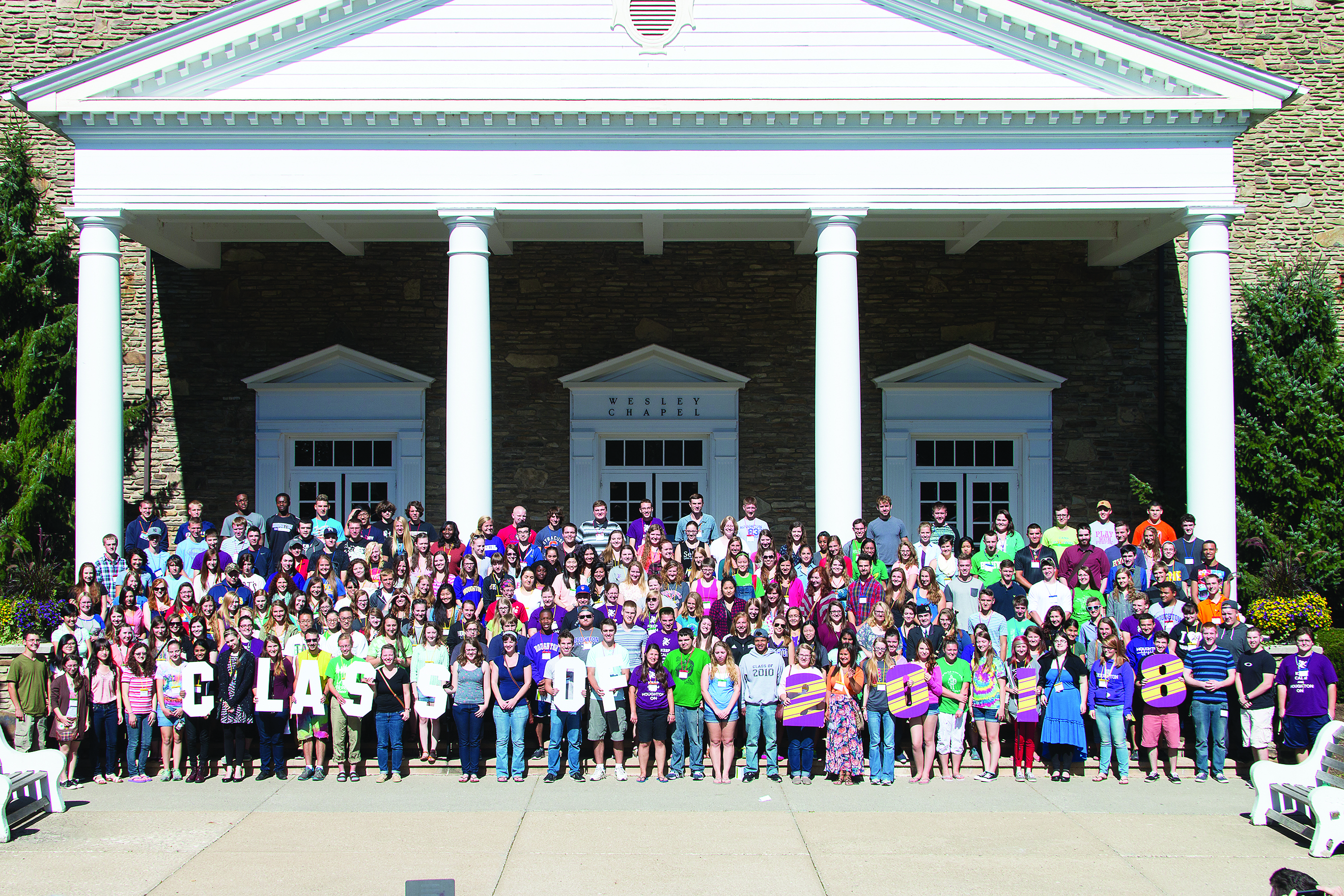Category: Stories In Focus
January 30, 2015
Stories In Focus
Murphy’s Recommended Reads The Marriage of Cadmus and Harmony
One of the proposals for my sabbatical was to further read in areas of interest in my interdisciplinary work in…
January 30, 2015
Stories In Focus
The Theory of Everything
The life and times of astrophysicist Stephen Hawking and his wife Jane are portrayed in the new British film, The…
January 26, 2015
Stories In Focus
The Resurrection of the Lanthorn
New Co-editors revitalize a withering publication. Of the trinity of Houghton student publications that includes The Star, The Drawing Board,…
January 26, 2015
Stories In Focus
The Promising Final Season of Parks and Recreation
Arguably the funniest show on television right now, Parks and Recreation is back for its seventh and final season. The…
January 26, 2015
Stories In Focus
The “Perfect” Local Coffee Shop
A half hour drive away in Cuba, NY is the recently opened coffee shop, The Perfect Blend Coffeehouse and Eatery.…

December 08, 2014
Stories In Focus
Seven Months Since Graduation
Recent Houghton alumni face the world after college. Recent graduate James Delventhal joked, “Best part of being done….laughing at the rest…
December 08, 2014
Stories In Focus
Brothers, Sisters, Teammates
Many pairs of siblings attend Houghton, but one aspect of their college experience heightens through their relationship at teammates. Brothers…
December 08, 2014
Stories In Focus
School Horse of the Year, Pumpkin
Tucked away in a cozy box-stall, nuzzled in dry hay, and munching on crispy treats from his extensive fan-base, lays…
November 24, 2014
Stories In Focus
Work Study Jobs on Campus
Students have the opportunity to serve the community, develop work experience, and earn money through various work study jobs offered.…
November 24, 2014
Sports, Stories In Focus
Athlete of the Week // Abby Schmidt
Sophomore Abby Schmidt has been playing soccer since first grade. After dabbling in basketball and track, she continued with soccer…
